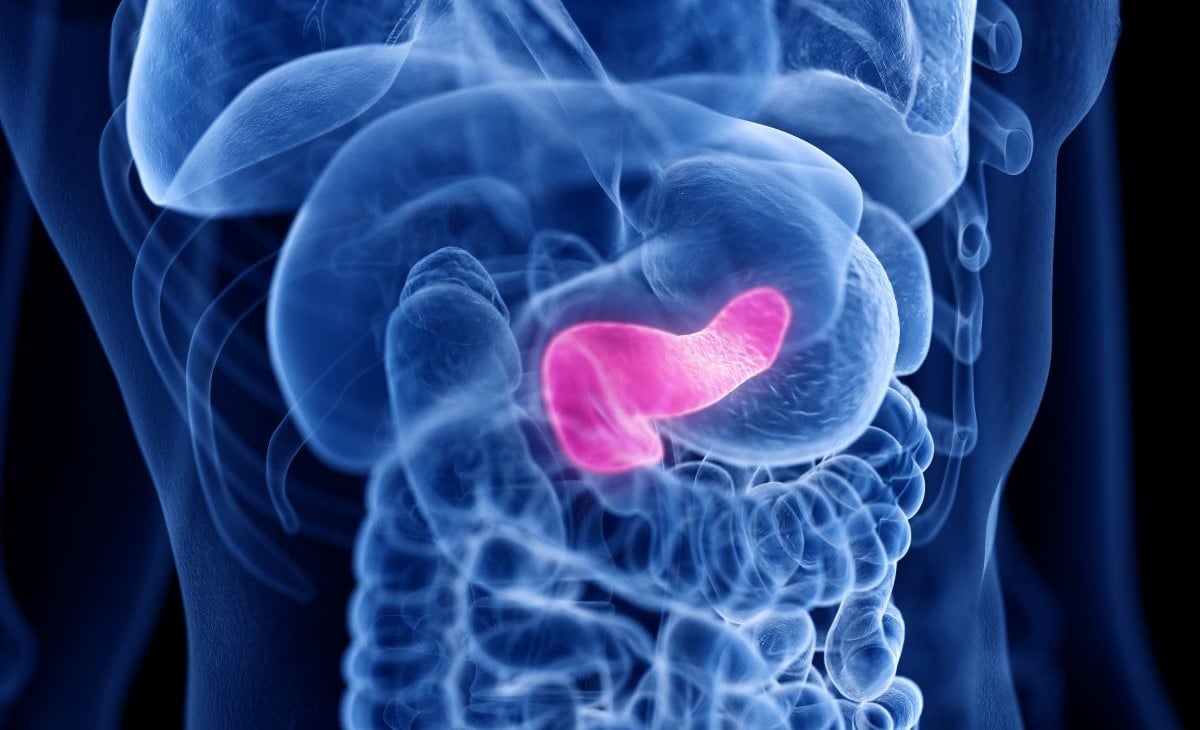Model integrating clinical information and endoscopic ultrasonographic images enhances diagnostic accuracy of novice endoscopists
By Elana Gotkine HealthDay Reporter
MONDAY, July 22, 2024 (HealthDay News) — A joint artificial intelligence (AI)-assisted model integrating clinical information and endoscopic ultrasonographic (EUS) images improves diagnosis of solid lesions in the pancreas, according to a study published online July 19 in JAMA Network Open.
Haochen Cui, M.D., from Tongji Hospital in Wuhan, China, and colleagues developed a multimodal AI model integrating clinical information and EUS images to advance the clinical diagnosis of solid lesions in the pancreas. Twelve endoscopists from four centers were randomly assigned to diagnose solid lesions in the pancreas with or without AI assistance in a crossover trial conducted from Jan. 1 to June 30, 2023. EUS images and clinical information from 439 patients with solid lesions in the pancreas from one institution were obtained to train and validate the model; the robustness and generalizability of the model were then assessed in 189 patients from three external institutions.
The researchers observed variation in the area under the curve of the joint-AI model from 0.996 in the internal test dataset to 0.955, 0.924, and 0.976 in the external datasets. AI assistance significantly enhanced the diagnostic accuracy of novice endoscopists (0.69 versus 0.90), and the skepticism of the experienced endoscopists was alleviated by the supplementary interpretability information.
“In the future, this joint-AI model, with its enhanced transparency in the decision-making process, has the potential to facilitate the diagnosis of solid lesions in the pancreas,” the authors write.
Two authors are employed by Wuhan EndoAngel Medical Technology Co.
Copyright © 2024 HealthDay. All rights reserved.








